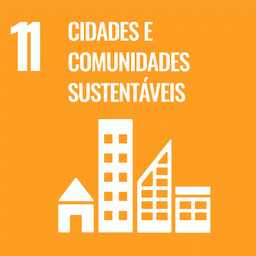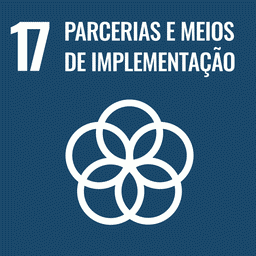While the world urgently hopes to reduce GHG emissions from fossil fuels and deforestation, the Brazilian
Amazon offshore potentially becomes a new frontier for oil companies. The expected impact of oil royalties on
the regional GDP is a political driving force pro-exploration. We advocate that the Brazilian Amazon offshore
must remain oil exploration-free and that the country could give up its sovereign right to explore oil locally while
replacing oil royalties with “green royalties”. Therefore, we propose that the region could benefit from creating a
trust fund covering the same amount of royalties that the area would receive from the country’s decision not to
allow oil exploration in the region.
Posición conjunta sobre los pueblos indígenas y las comunidades locales y REDD+
El IPAM, junto con las instituciones asociadas: Conservation International, Environmental Defense Fund, Woods Hole Research Center y The Nature Conservancy, ha elaborado cuatro documentos de posición común sobre cuestiones de política en la REDD. Esto es sobre la posición conjunta sobre los Pueblos Indígenas y las Comunidades Locales y REDD+.



